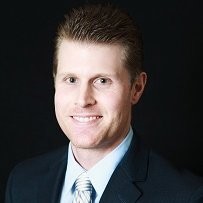How does one define leadership? In many ways it is a concept that is difficult to define. Difficult to understand. Difficult to execute. And difficult to replicate. Consider how many books, articles, seminars, and case studies have been offered over the decades – not to mention the ability to earn a PhD in Leadership! As such, leadership comes in many models often formed by personal experiences and successes and failures of others.
At the fundamental level, at least in business, leadership can be defined as simply making better decisions than your competition. How does one develop this capability? An executive noted, “Make a lot of bad decisions that don’t kill you.” It is true that one’s experience is, in many cases, a result of trial and error and observation of others. Unfortunately, experience alone is no panacea; thus, a leader must be aware of their blind spots and recognition – or lack thereof – becomes more critical as one moves up the corporate ladder.
Blind spots represent an unrecognized weakness or hazard that has the potential to undercut a leader’s success. Blind spots can be found on numerous levels: how you view yourself and your impact on others, the strengths and weaknesses of your team and organization, and the forces operating in the markets in which you compete. Fortunately, blind spots can be identified and managed if one looks for them. Given such, carefully select valued sounding boards who push you, question you, and assist you in recognizing the areas that may undermine your success and that of your organization.
Programs such as those offered by Ambition In Motion can illuminate leadership blind spots. This is vital as blind spots are not just cases of failing to see ourselves or our actions accurately. They are evident in the way we view our teams, organizations, and markets.

